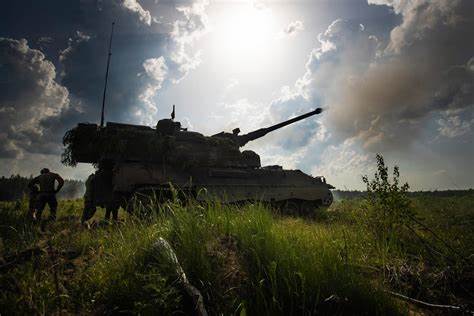February 10, 2023; Mt 5:38-48; 7th Sunday in Ordinary Time
Violence is the enemy of life. This is true of the violence we cannot avoid, such as violence by accident or natural disaster. But it is particularly true of the violence that we inflict on one another. This inter-human violence has been a constant of history, from the earliest humans who used clubs to beat one another, to knights in shining armor, to the devastation of World War II. In many human conflicts it is possible to identify a right side and a wrong side. A victim and an oppressor. But the minute that violence enters the scene, both sides suffer.
The people of Ukraine were not looking for violence, but they bravely took up arms to protect their country against Russian aggression. So we can say confidently that the Ukrainians are on the right side of the war. But they have suffered greatly. The most recent estimates of Ukranian deaths are now at 100,000. And should we take any comfort that the number of Russian deaths are twice that amount? Or should we stand back in dismay at this human conflict saying that so far more than 300,000 people have died. That is 300,000 people who will never again see a sunrise, embrace the person they love, or play with a grandchild. Violence is the enemy of life.
Now the great religious traditions of the world know this and try to stop the violence. The Jewish approach is to adopt a strategy of containment or limitation. The saying, “An eye for an eye and a tooth for a tooth,” aims to set a limit on retaliation. You cannot do more violence than was done to you. If someone takes out your eye, you can take out their eye. But no more. The Jewish strategy attempts to is to curtail escalation of violence. But the violence still remains. And that is a problem. As Ghandi has famously said, “If we live by an eye for an eye, soon the whole world will be blind.”
So in today’s gospel Jesus sets a higher standard, a more radical stance against violence. Jesus does not believe that violence can be limited. It must be eliminated. It must be stopped cold. So he tells his disciples that when others approach them with violence they are to absorb the violence rather than repeat it. When someone strikes them on the right cheek they are to take the violence in and then turn the other cheek. This is not a sign of weakness, but of strength. Because it takes tremendous strength to absorb violence and then to defy it. To courageously assert, “I will not be like you! I will remain a person of peace.”
I am very aware that Jesus’ teaching cannot be easily applied to certain situations, especially international situations such as Ukraine. But this is why Jesus asks us to start small. He asks us as his disciples to reject violence in our own personal relationships. When we argue with our spouse, we should refuse to go on the attack, but instead state our point of view and then stop. If someone slurs our name or our work, we should confront them with the truth but refuse to slur them in response. We should reject every form of manipulation of others even if we think we are doing it for a good purpose. If we fight violence with violence we end up feeding the violence. That is why Jesus insists that violence must be stopped in its place. And if we can, as his disciples, reject violence in the small matters of our life, then perhaps one day we can find a way to eliminate violence in the larger issues of our world. Or to say it differently: “Let there be peace on earth, and let it begin with me.”

